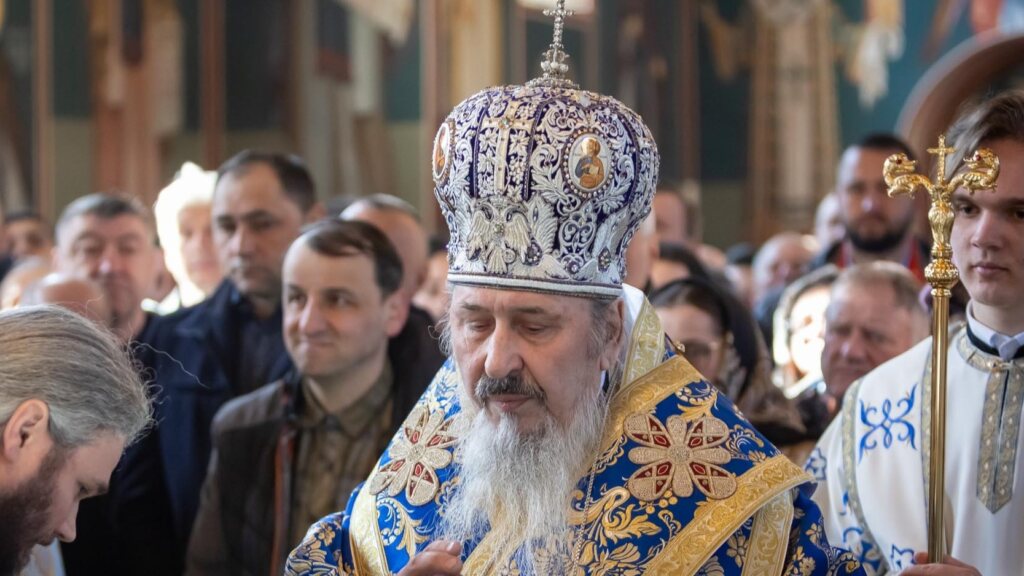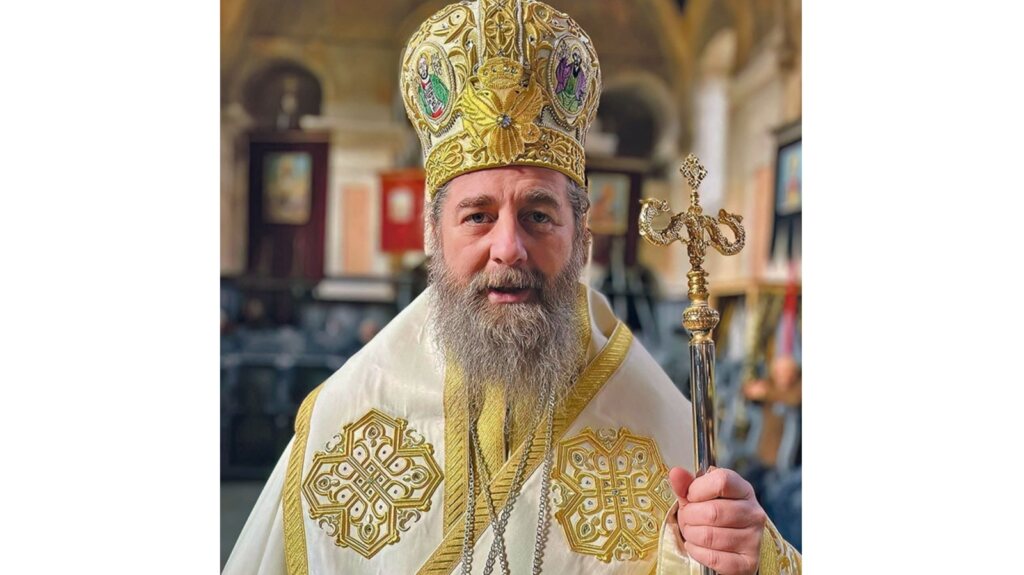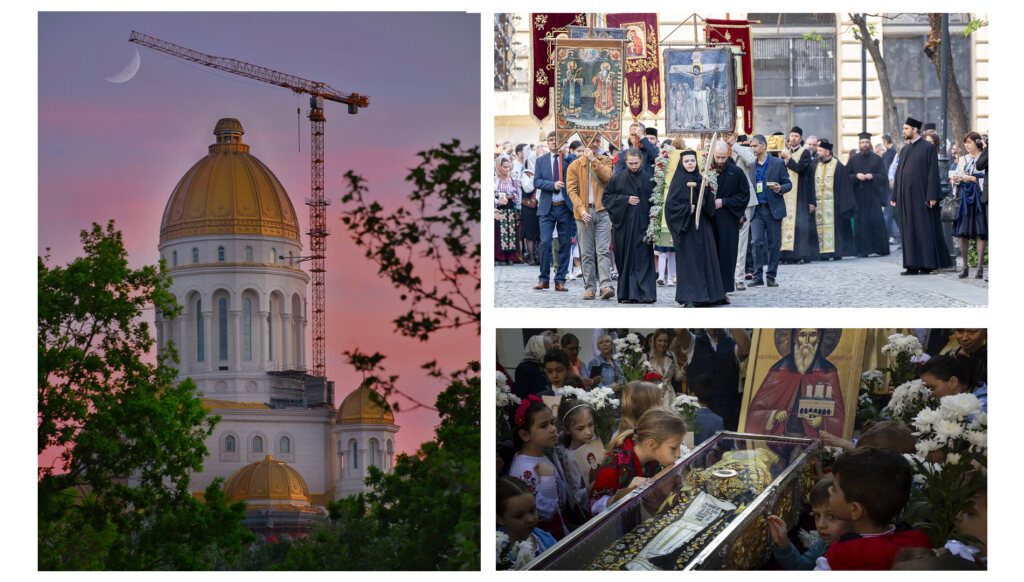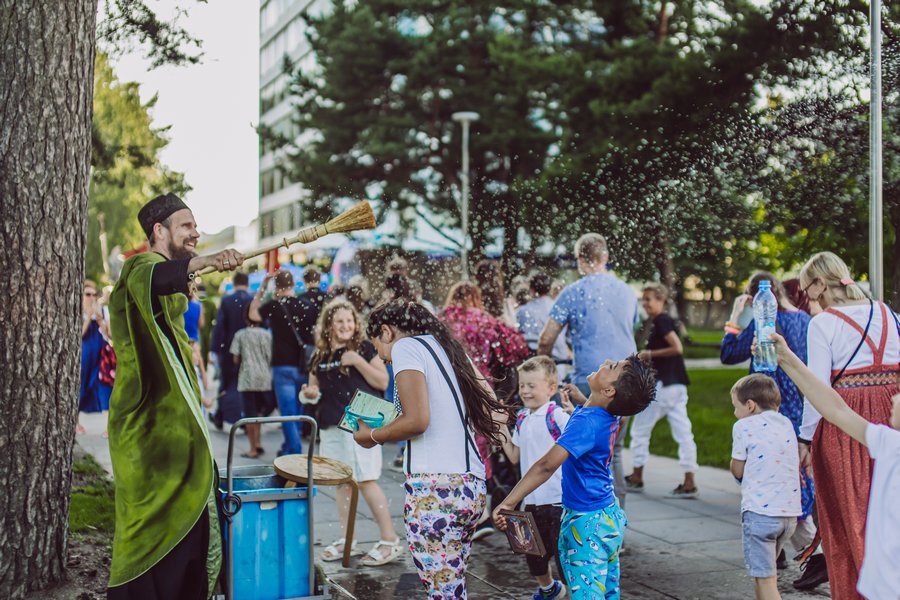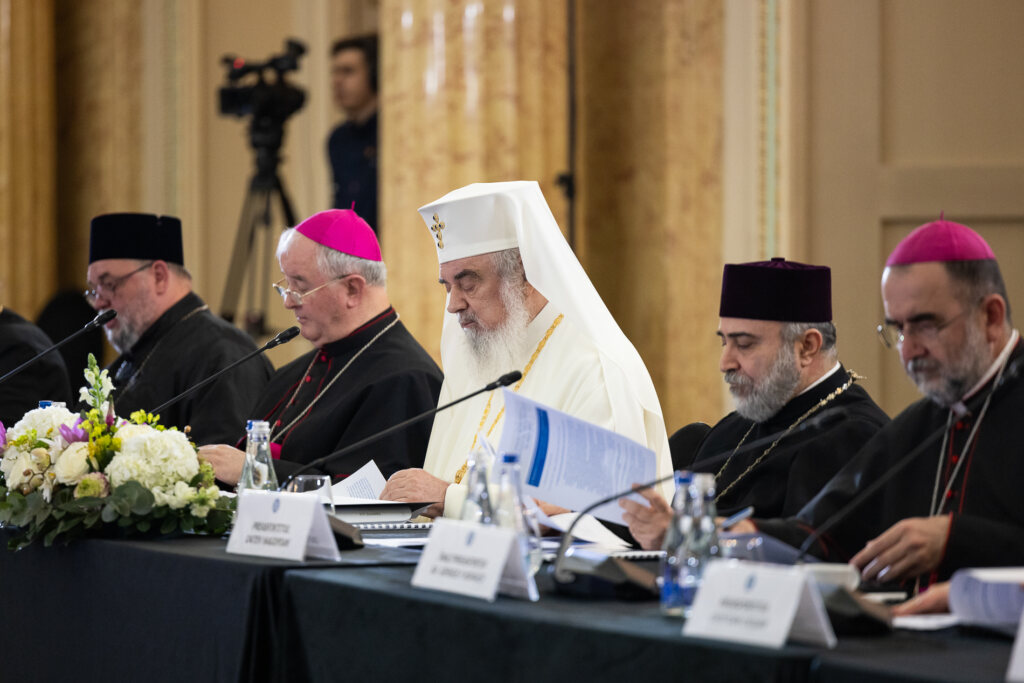If rich in spirit, every Christian, whether rich or poor in material terms, “can offer Christ more precious gifts than the gifts offered by the wise men of the East.” These are “the gold of faith and good deeds, the frankincense of fervent prayer and the myrrh of a pure life,” His Beatitude Patriarch Daniel said during the Christmas Divine Liturgy at the Patriarchal Cathedral in Bucharest.
Thus, the gifts of the Magi have a deep spiritual meaning and “can be offered by us to the Saviour Jesus Christ in a permanent form and without any expense, but only through a great love for Christ.”
His Beatitude also explained who the Magi from the East were, as mentioned by the Synaxarion of the feast of the Nativity of the Lord. The Romanian Patriarch explained that they were called kings in other traditions because their wisdom and knowledge made them spiritual leaders of the peoples they came from.
“The Magi represent the pagan peoples who would believe in Christ and be saved. These three wise men brought gifts to the Infant Christ: gold, frankincense and myrrh. These three gifts have a deep spiritual meaning,” the Patriarch of Romania said on December 25, 2022.
“Gold, frankincense and myrrh mean that Christ is the eternal King, the eternal Archpriest or High Priest, and will pass through death, but will not remain in death, but will rise from the dead, giving resurrection and eternal life to the world.”
Thus, “there is a mystical connection between the cave of Bethlehem and the tomb of Christ’s Resurrection,” and Orthodox iconography does not overlook this: “in Byzantine iconography, the swaddling clothes with which the Infant Jesus is wrapped resemble the shrouds at His tomb after the Resurrection.”
“This is why the Orthodox Holy Eucharist is prepared at the Table of Oblation (Prothesis), which resembles the cave of Bethlehem. And the table of the Holy Altar is the altar of sacrifice, and at the same time, it is the life-giving tomb of the Resurrection of the Saviour Jesus Christ.”
During his homily, Patriarch Daniel explained the profound meaning of the feast of the Nativity.
“He who rules the universe, all the galaxies, is placed in a manger from which the cattle were fed. This great mystery of the humility of God the Son becoming man is the beginning of the mystery of the salvation of humankind,” His Beatitude stressed.
“This mystery of the Incarnation of the Saviour Jesus Christ shows us His humility.”
“The birth of the Saviour Jesus Christ is not only for the forgiveness of human sins and the gift of eternal life through the Resurrection, but it is for adoption, as heard in today’s Apostle reading: that He came into the world to give us adoption, to become sons and daughters of God according to grace, through the work of Baptism in water and the Holy Spirit,” the Patriarch said.
“This birth of the Saviour Jesus Christ from the Virgin Mary is the beginning of the sanctification of humanity from within,” His Beatitude added.
“But above all, He comes into the world to sanctify the human soul and body through the Holy Mysteries of the Church: through Baptism and the Holy Eucharist.”
“This birth of the Saviour Jesus Christ is for the world’s salvation, and by salvation, we mean the union of man with the ever-living God. That is why the Saviour said: The one who believes in me will live, even though they die because I am the resurrection and the life,” Patriarch Daniel noted.
“The Nativity of our Lord Jesus Christ is the feast through which heaven is united with the earth, to raise by grace to heaven all earthlings who believe in Christ and are baptized in the name of the Holy Trinity and live according to the Gospel of the merciful love of Jesus Christ.”
The Divine Liturgy for the Feast of the Nativity of the Lord was celebrated at the Patriarchal Cathedral by the Patriarch of Romania. Concelebrants included Bishop Qais Sadiq of Erzurum (Antioch Patriarchate), the patriarchal auxiliary bishop Varlaam of Ploiești and the Assistant Bishop to the Bucharest Archdiocese, Timotei of Prahova.
Photography courtesy of Basilica.ro / Raluca Ene
Follow us on Twitter: @BasilicaNews


